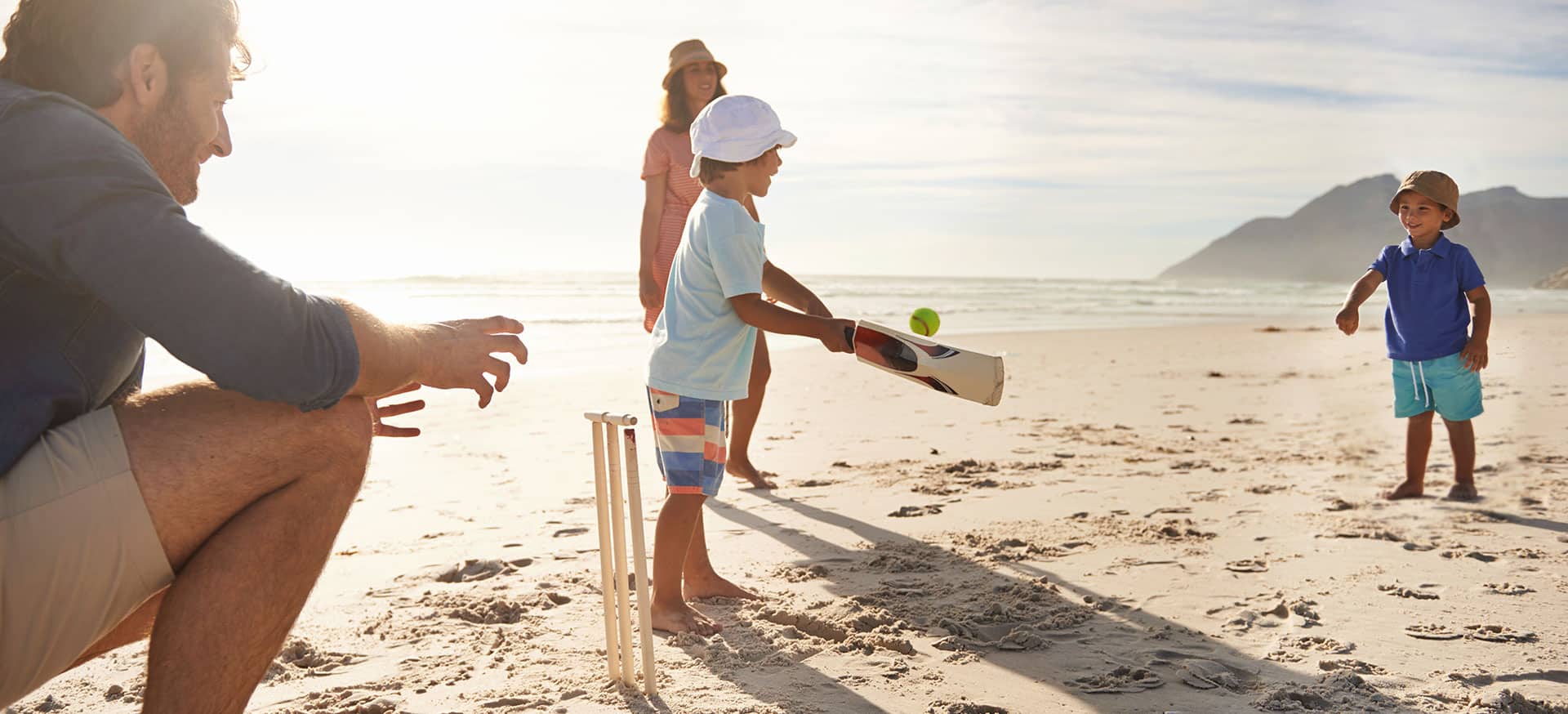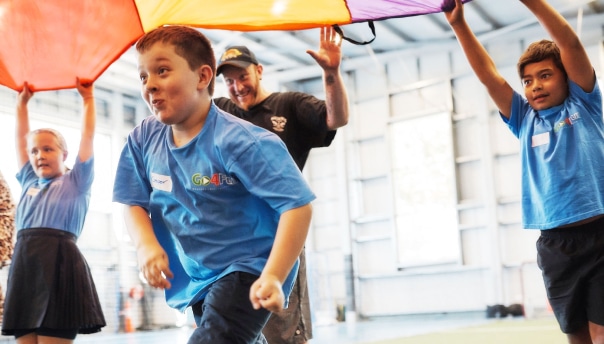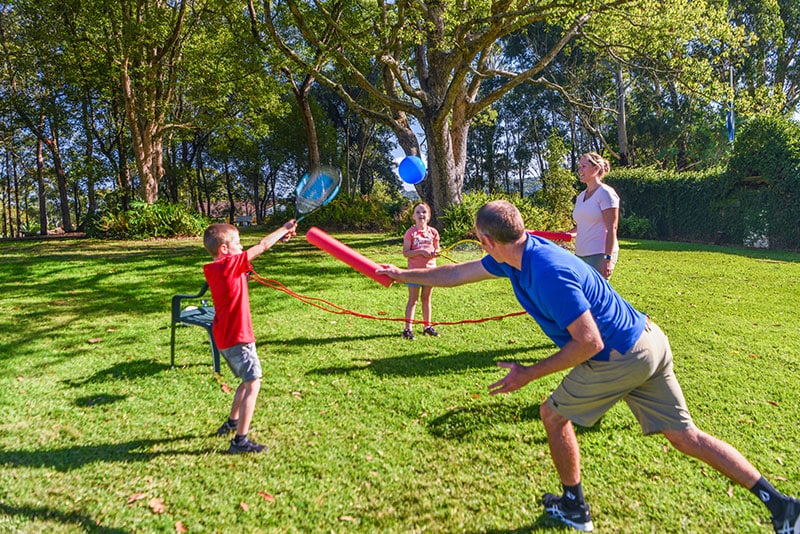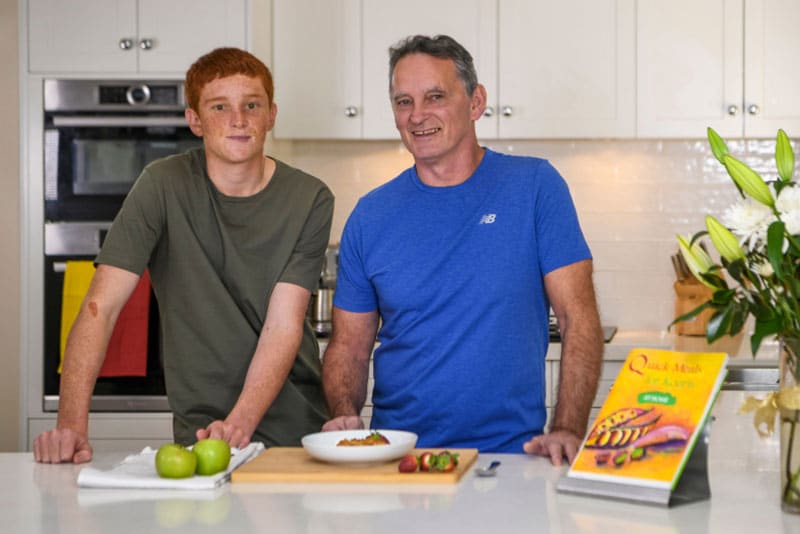About Central Coast Health Promotion Service
We aim to see a Central Coast where everyone can enjoy better health and wellbeing.
We do this by creating healthy places for our communities that promote good health across life’s journey.
By working together with the community and other partners, we provide information, programs and resources, and we advocate for healthy policy, to ensure the foundations for good health.
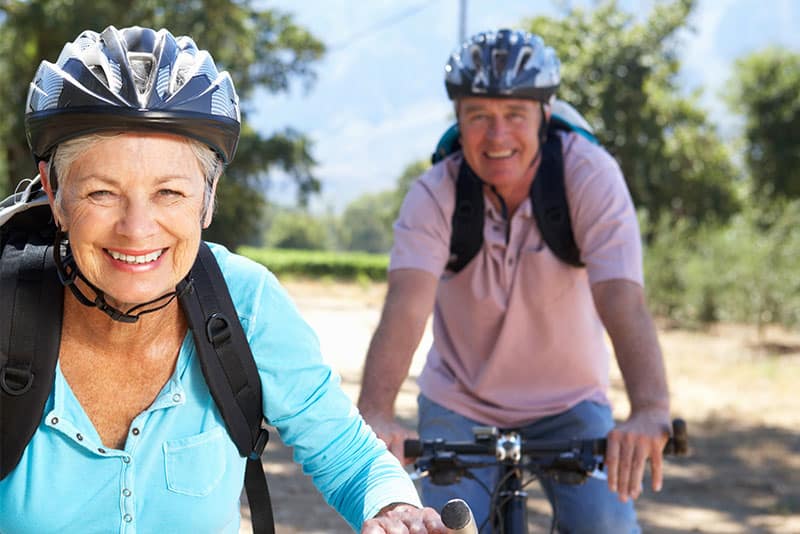
Programs and Resources
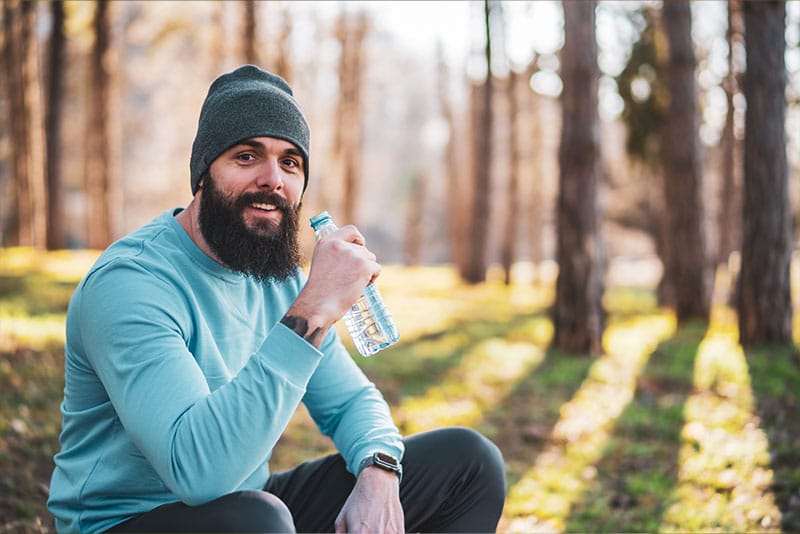
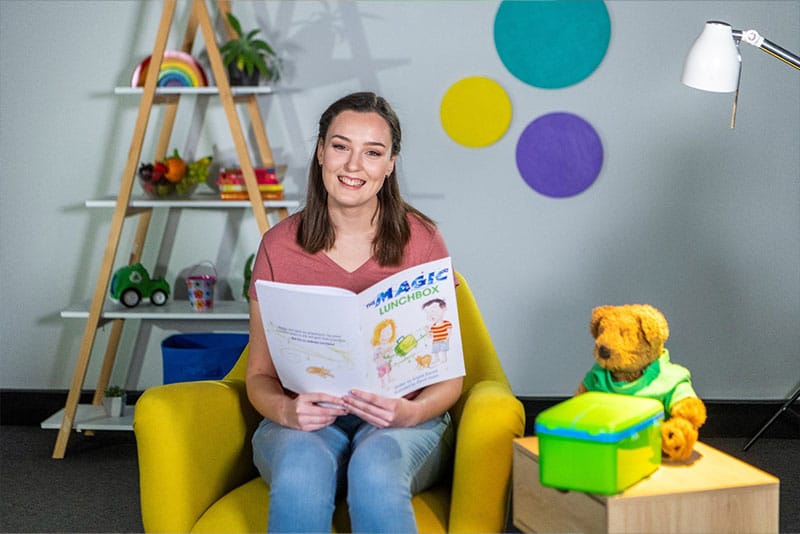
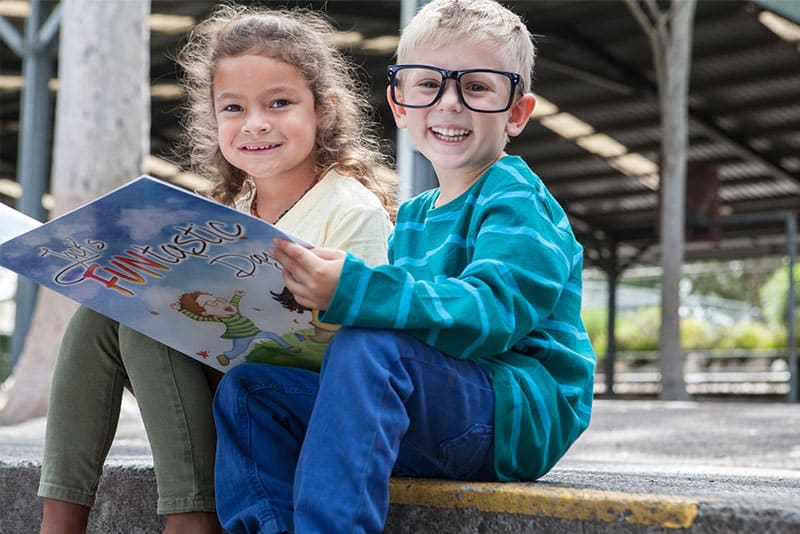
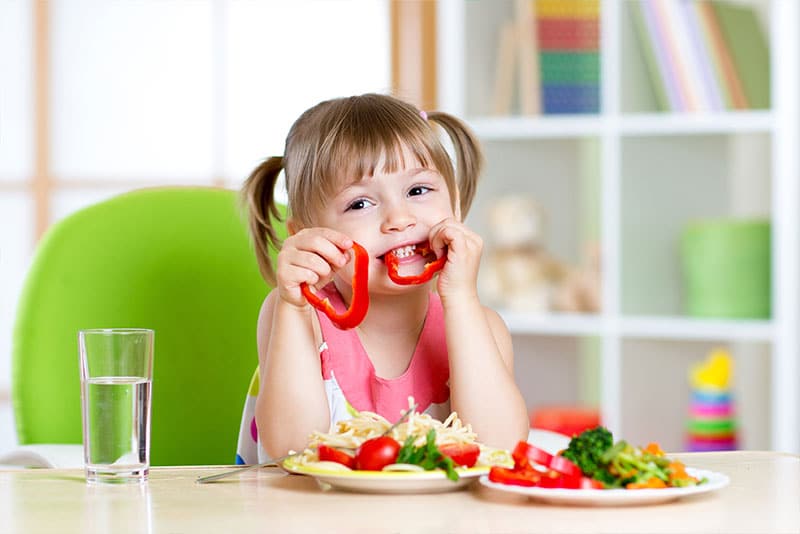
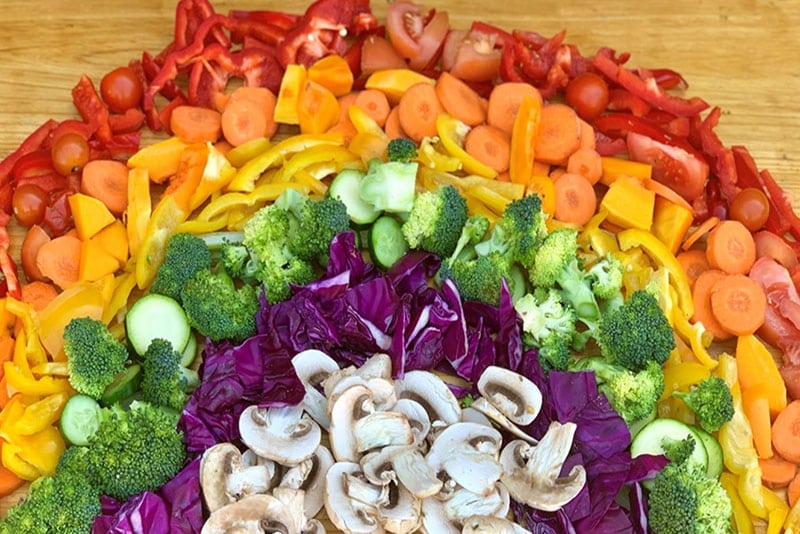
Latest News
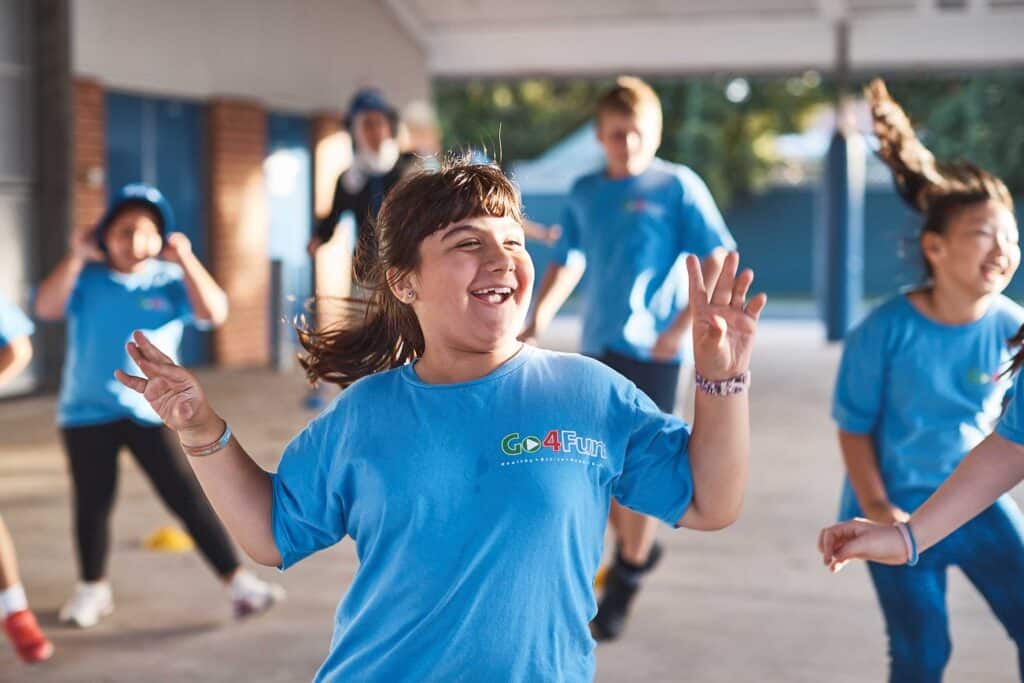
A free after-school program to help kids be more active and eat healthier is now open to all children aged seven to 13 on the Central Coast, along wit...
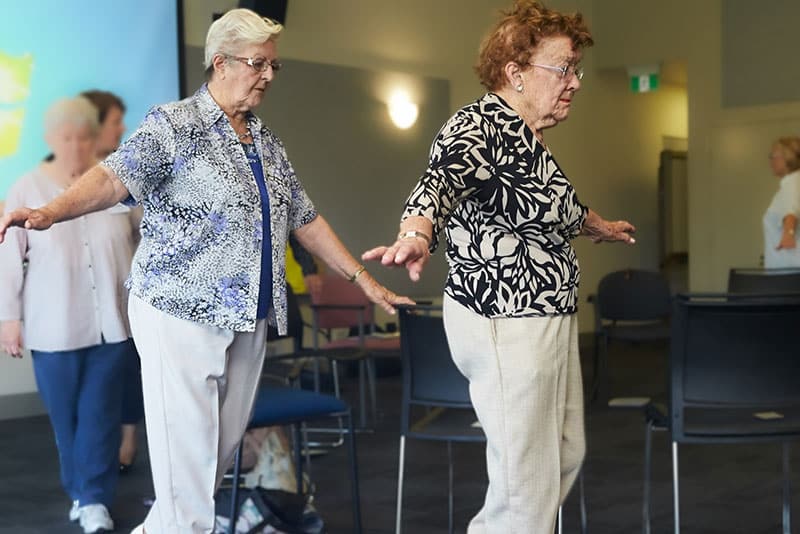
Get active to improve your strength and balance this April Falls
Older adults on the Central Coast are being encouraged to get physically active this April as part of April Falls Month.
April Falls is an annual c...
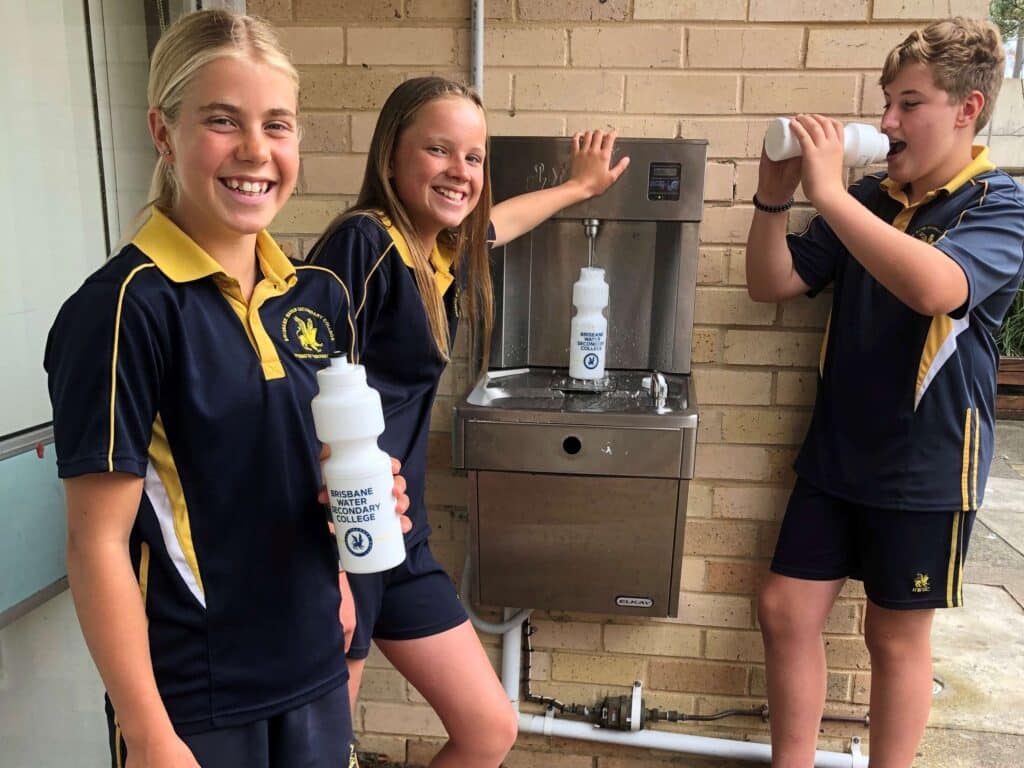
Water challenge offers secondary schools chance to win $4,500 chilled water station
Central Coast Health Promotion Service has launched the Thirsty? Choose Water! Challenge, offering secondary schools on the Central Coast a chance to ...
Subscribe to our newsletter
Our monthly Refresh e-newsletter is packed with healthy lifestyle resources, tips and programs for the Central Coast community.
"*" indicates required fields
